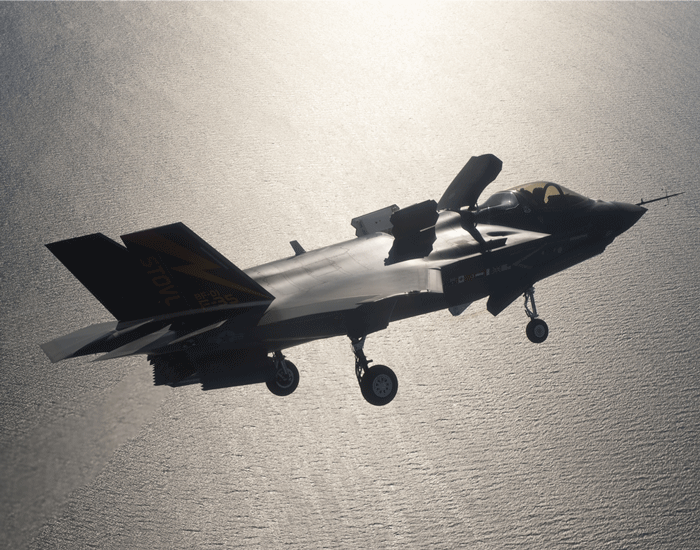How the New Amphibious Ready Group Expands the President’s Options
By Robbin Laird
03/05/2011 – The Libyan crisis is occurring in a period of challenges to the USAF and USN’s ability to deliver capabilities useful to the President. Part of the problem is the significant commitment of dwindling assets for use in the region. Even though there are elements of this crisis which look like 1996, President Obama has not nearly the assets President Clinton had. Part of the problem is the relatively inflexible quality of those assets. The USAF can line up its AWACS and air fleet to do “Bosnia 1996”, but given the constrained geography of the Middle East, this is a major operation. The USN can move a carrier battle group to engage Libya and support a no fly zone. And then there is the desire to move US and allied airlift into the area to support humanitarian missions, although that requires securing an airfield to execute the mission, something only Special Forces or the USMC can do, either by seabasing or air drop. But this requires air defense assets as well.

Credit: F-35B in Flight, LMC
None of these are great options and each will be executed with a deliberate Presidential decision, which will indicate to the Libyan leadership a virtual act of war.
Fast forward to the newly configured USMC Amphibious Ready Group (ARG).
- The new ARG built around the LPD 17 has a larger deck to operate from, with modern C2 capabilities.
- The F-35B can be launched as the picket fence operating on the border of Libya able to do electronic warfare, C4ISR and preparation for kinetic or non-kinetic strike.
- The CH-53K can take off from the amphibious ships and carry three times the cargo of a CH-53E, to include 463L pallets (normally used in KC-130s).
- The USMC Ospreys can support insertion operations with speed and range.
The force can of course secure an airfield for humanitarian airlift; the picket fence of the F-35s replace the AWACs and can guide coalition airpower into Libyan airspace to support agreed upon missions. The USAF does not need to move a large air operation into place to send combat air; the USN does not need to move a large aircraft carrier battle group into place to prepare to strike Libya.
What the newly equipped ARG does is provide a significant shaping function for the President. And this shaping function allows significant flexibility and, is in fact, a redefinition of the dichotomy between hard and soft power.
The USN-USMC amphibious team can provide for a wide-range of options for the President simply by being offshore, with 5th generation aircraft capability on board which provides 360 situational awareness, deep visibility over the air and ground space, and carrying significant capability on board to empower a full spectrum force as needed.
And if you add the LCS to the USN-USMC amphibious team you have even more capability and more options. As a senior USMC MEU commander has put it:
You’re sitting off the coast, pick your country, doesn’t matter, you’re told okay, we’ve got to do some shaping operations, we want to take and put some assets into shore, their going to do some shaping work over here. LCS comes in, very low profile platform. Operating off the shore, inserts these guys in small boats that night. They infill, they go in, their doing their mission.The LCS now sets up — it’s a gun platform. It’s a resupply, refuel point for my Hueys and Cobras.
Now, these guys get in here, okay. High value targets been picked out, there is an F-35 that’s doing some other operations. These guys only came with him and said hey, we have got a high value target, but if we take him out, we will compromise our position. The F-35 goes roger, got it painted, got it seen. This is what you’re seeing, this is what I’m seeing. Okay. Kill the target. The guys on the ground never even know what hit them.
In short, simply by completing the procurement of what the USN and USMC are in the course of doing in a very short period, the nation gains significant flexibility to deal with ambiguous strategic situations. US Army Special Forces or USAF special operations Ospreys can be deployed on the decks of the amphib force ready to do insertion operations. UAVs can be launched off of the decks of the amphib force as well.
Simply by completing the procurement of what the USN and USMC are in the course of doing in a very short period, the nation gains significant flexibility to deal with ambiguous strategic situations.


